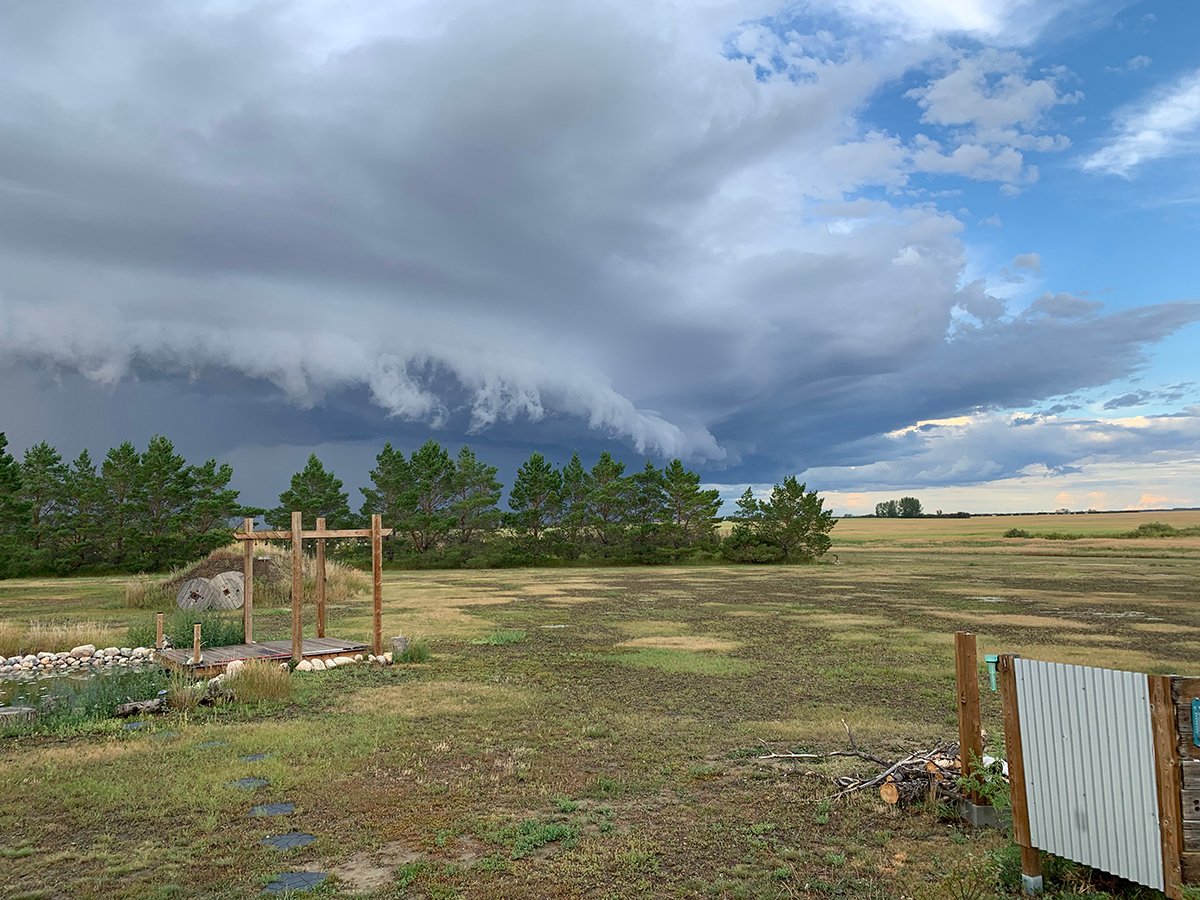U.S. agriculture secretary Mike Johanns warned last week that if the Canada-U.S. border stays closed to cattle trade much longer, the American cattle and packing industries will be “left out in the cold” by an expanded Canadian industry.
“The market is restructuring before our eyes,” Johanns said during a teleconference with journalists after a May 17 tour of a plant in Hyrum, Utah.
“American producers and processors will be left out in the cold if the border is not reopened soon. My concern is that as more and more processing moves to Canada, production follows.”
Read Also

Storm dynamics and extreme rainfall
Besides moisture, instability and orographic lift, the next biggest factor that contributes to heavy or extreme rainfall is storm dynamics.
To support his point, an American packing industry executive worried that American companies will be lured north to build new capacity by Canadian government subsidy offers.
“The sooner we can get the borders open, the better off we’re going to be,” said Danny Herron, co-chief executive officer for Swift and Co., during the same news conference, according to a transcript prepared by U.S. Department of Agriculture.
“With this excess capacity in the U.S., we’re extremely concerned that they’re offering incentives to build up there. Certainly Swift, like other packers, have been approached by the Canadian government in several provinces to build capacity.”
Johanns said the result of the closed border is a loss of packing plant jobs, plant closures and fewer markets for American cattle. Producers who are fighting to keep the border closed “refuse to look beyond the short-term economic benefits of keeping the Canadian border closed.”
He said Canadian slaughter has increased 30 percent in two years while U.S. slaughter declined eight percent last year. Johanns said he fears the expansion of Canada’s industry can’t be reversed.
“Once they have made the investment to expand the processing, once they have convinced processors in the United States to relocate in Canada, it’s not likely that that’s going to change even with the reopening of the border, and that hurts the little guy.”
Johanns announced a June 9 meeting in St. Paul, Minnesota, where government officials, academics and industry representatives will make the case for the safety of the North American cattle and outline the damage the closed border is causing the U.S.














